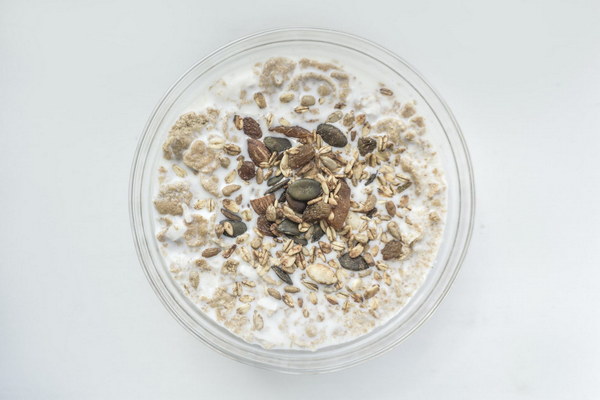Liver Love The Importance of Regular Screening for Liver Health
In an era where the importance of maintaining overall health is increasingly being recognized, the liver's role in our body's well-being cannot be overstated. The liver is a vital organ responsible for processing nutrients, detoxifying harmful substances, and producing essential proteins. However, it often works silently in the background, making it easy to overlook its importance until something goes wrong. This is why Liver Love: The Importance of Regular Screening for Liver Health is a crucial topic to explore.
The Liver: A Silent Guardian
Our liver is an extraordinary organ, capable of regenerating itself and performing numerous functions that are essential for life. It filters blood coming from the digestive tract, detoxifies harmful substances, synthesizes proteins, and produces bile to aid in digestion. Yet, despite its resilience and importance, it is often the last organ we think of when considering health screenings.
The Risks of Ignoring Liver Health
Neglecting liver health can lead to serious consequences. There are several diseases and conditions that can affect the liver, including hepatitis, fatty liver disease, liver cirrhosis, and liver cancer. These conditions can be caused by a variety of factors, such as excessive alcohol consumption, poor diet, obesity, and certain medications.
Unfortunately, liver diseases often do not present symptoms in their early stages, making it difficult to detect them without regular screening. By the time symptoms do appear, the condition may have advanced significantly, reducing the chances of successful treatment.
The Benefits of Regular Screening
Regular liver screenings are an essential part of preventive healthcare. They can help detect liver diseases early, allowing for timely intervention and treatment. Here are some key benefits of regular liver screening:
1. Early Detection: Many liver diseases are asymptomatic in their early stages. Regular screenings can identify potential problems before they become severe.
2. Risk Assessment: Liver screenings can help identify individuals at high risk for liver diseases, allowing for targeted lifestyle changes and medical interventions.
3. Prevention: By detecting and treating liver diseases early, the risk of complications and mortality can be significantly reduced.
4. Peace of Mind: Regular screenings provide reassurance and a sense of control over one's health, reducing anxiety about undiagnosed liver conditions.
What to Expect in a Liver Screening
Liver screenings typically involve a combination of physical examination, blood tests, and imaging procedures. Some common screenings include:
- Blood Tests: These tests can measure liver enzymes and bilirubin levels, which can indicate liver inflammation or damage.
- Ultrasound: This imaging procedure uses sound waves to create images of the liver, helping to identify any abnormalities.
- CT Scan or MRI: In some cases, a CT scan or MRI may be used to provide a more detailed view of the liver.
Taking Control of Your Liver Health
Remember, the key to maintaining liver health is not just about screening but also about adopting a healthy lifestyle. Here are some tips to help keep your liver in top condition:
- Eat a Balanced Diet: A diet rich in fruits, vegetables, whole grains, and lean proteins can help support liver function.
- Limit Alcohol: Excessive alcohol consumption is a leading cause of liver disease. If you drink, do so in moderation.

- Maintain a Healthy Weight: Obesity can lead to non-alcoholic fatty liver disease (NAFLD), which can progress to more serious liver conditions.
- Exercise Regularly: Physical activity can help control weight, improve insulin sensitivity, and reduce the risk of NAFLD.
- Avoid Harmful Substances: Stay away from illegal drugs and other toxins that can damage the liver.
In conclusion, Liver Love: The Importance of Regular Screening for Liver Health is a reminder that our liver deserves just as much attention as any other organ. By taking proactive steps to monitor and maintain liver health, we can reduce the risk of liver diseases and enjoy a healthier, happier life.









